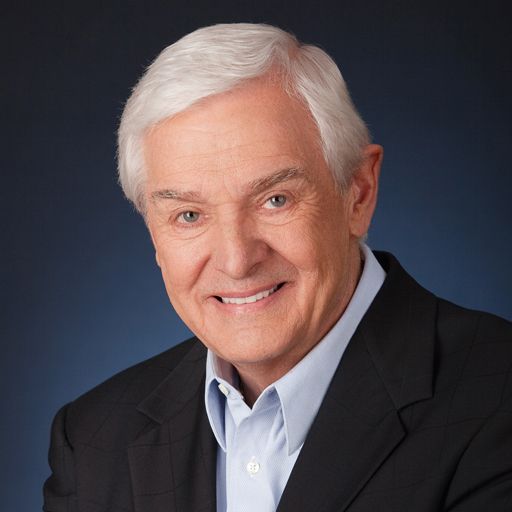History records that the last known gladiator contest was held in Rome on January 1, AD 404, when Honorius was emperor. The bravery of a simple monk “from the East”—Telemachus, who died attempting to stop the slaughter—became the precipitating factor in ending one of the most brutal periods in history. Three centuries of gladiatorial combat ended that day due to his bravery.
We often hear the term “Freedom Fighter” today to describe a revolutionary who is fighting against an oppressive regime. Telemachus was nothing if not a Freedom Fighter, giving his life for the right of men to live free of the fear of a brutal and unnecessary death.
The Original Freedom Fighter
Gladiatorial combat was the tradition and the law in Rome, and Telemachus sought to free men from the constraints of such a law. But three centuries before, a Jew named Saul sought to free his brethren, his kindred Jews, from another Law that held them captive to God’s judgment: the Mosaic Law.
Saul, who became the apostle Paul, was a strident keeper of the Law, thinking it was the only way to please God. He knew the burden that the Law placed on an individual and knew that he himself was a slave to the Law—but it was all he knew. Consider Saul’s background:
• He was a student of Gamaliel, one of the most revered teachers of the Law in Israel (Acts 22:3).
• He was a Pharisee, schooled in the strictest traditions of the Law (Acts 22:3; Philippians 3:6).
• He was a strict enforcer of the Law concerning blasphemy, persecuting Jews who professed Christ as Lord (Acts 26:9-11).
• He was present at the martyrdom of Stephen, the first Christian martyr, and was complicit in the deaths and imprisonment of many other believers (Acts 7:54 – 8:1; 26:10).
All of the above, and more, Saul did using the Law of Moses and the tradition of Israel’s strictest law-keepers, the Pharisees, as justification. But while journeying to Damascus to apprehend more Jews who were followers of Jesus, Saul met the Lord Himself. He didn’t know it at the moment, but when he met Jesus, Saul came face-to-face with grace.
Saul the Law-keeper became Paul the apostle of grace—Paul the Freedom Fighter. Look how his life changed:
• He realized that grace had done what the Law never could—remove his sins and make him righteous in God’s sight (Romans 3:24).
• He mentions grace 89 times, and law 135 times, in his epistles, making the contrast between the two a constant subject of his teaching (Romans 6:14; Galatians 5:4).
• He recognized the purpose of the Law: to reveal his sins so that he might be saved by grace through faith in Christ (Ephesians 2:8-9).
• He recognized that keeping the Law was only possible by a heart that had been changed by grace (Ephesians 2:10).
• He learned that the battle between Law and grace was the battle between flesh and Spirit—that it was impossible to keep God’s Law in the power of the flesh, but possible in the power of the Holy Spirit (Romans 7:7-25; Galatians 5:16-26).
Balancing Law and Grace
In spite of the radical change in Paul’s life, he went to great lengths to make one thing perfectly clear: The Law of God is “holy and just and good” (Romans 7:12). The Law was not given by God to limit man’s pleasure in life but to expand it. The sin nature of man does not incline toward righteousness, so it is only natural that it would rebel against a righteous Law.
So what was the solution? For Paul—for every person who has been born again by the Spirit (John 3:1-8)—the answer was the realization of the prophet Ezekiel’s words hundreds of years before: “I will give you a new heart and put a new spirit within you; I will take the heart of stone out of your flesh and give you a heart of flesh. I will put My Spirit within you and cause you to walk in My statutes, and you will keep My judgments and do them” (Ezekiel 36:26-27).
We balance Law and grace not by striving to keep the Law, but by yielding to the Holy Spirit who puts the desire for righteousness in our heart. Instead of rebelling against God’s Law, we rest in the provision of Christ who kept the Law perfectly for us and now lives in us by the Spirit, giving us grace to keep God’s “holy and just and good” commandments.
###
David Jeremiah is the senior pastor of Shadow Mountain Community Church in El Cajon, California, and the founder and host of Turning Point for God. For more information about Dr. Jeremiah or Turning Point, visit www.DavidJeremiah.org.






